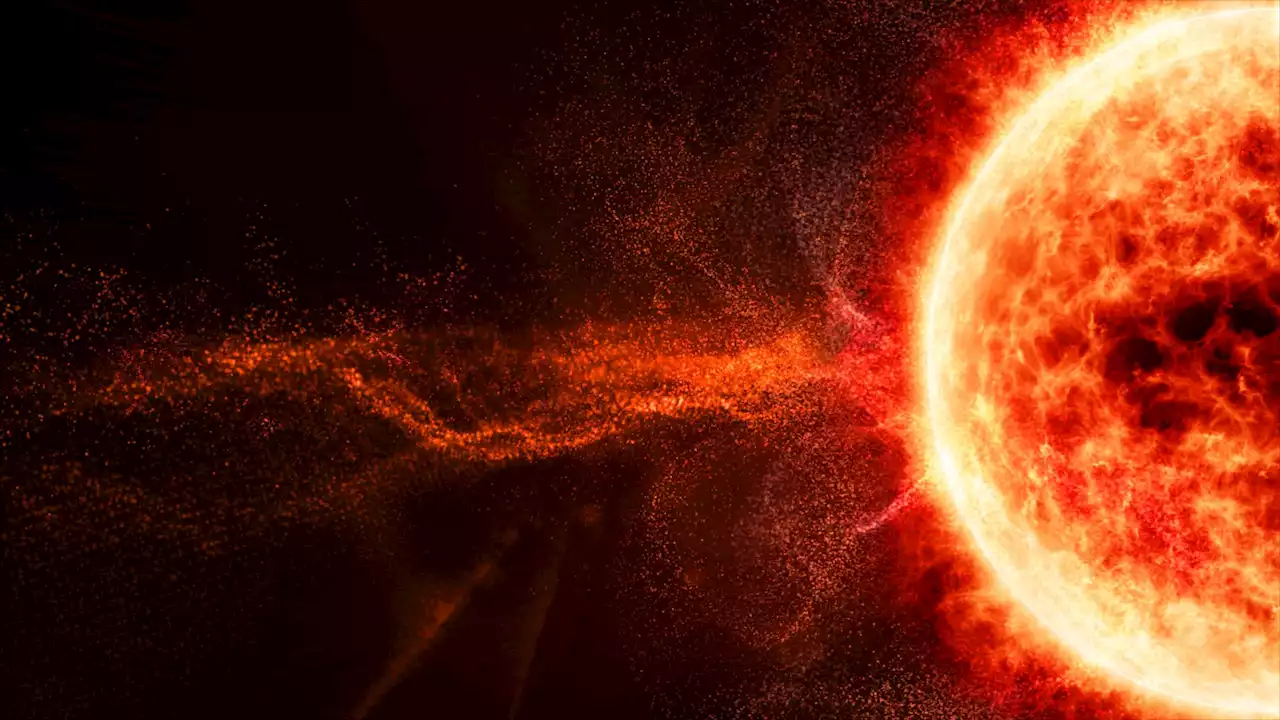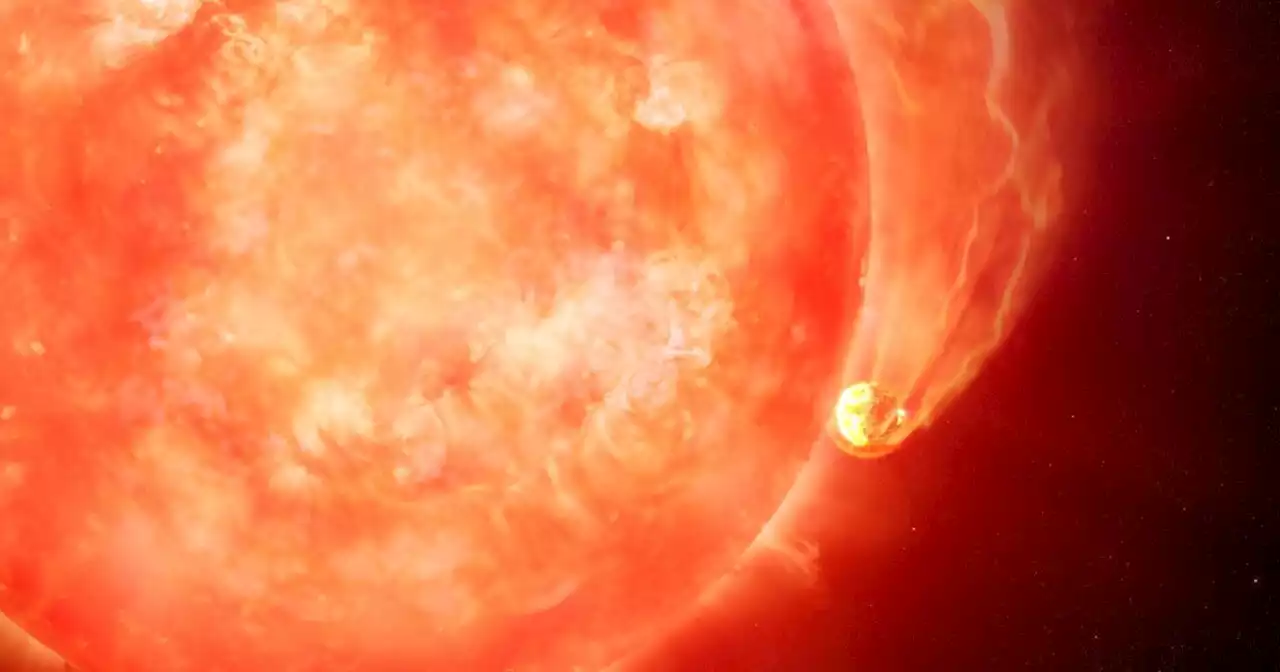The search for life beyond Earth continues, but it starts with being able to observe and catalog exoplanets. Here's a look at the main ways we discover these faraway worlds.
The James Webb Space Telescope was decades in the making. Since it finally took flight, began to deploy, stabilized in its orbit around Earth, and deployed its primary mirror – a process that was just completed on 1 August 2022, we’ve already discovered so many incredible things.
When a planet transits its star relative to Earth, some of the star’s light – a teensy, tiny fraction of a little bit – will filter through the planet’s atmosphere. How much light is obstructed gives us information about the exoplanet’s mass. Then, using a technique called the transit spectroscopy method, we can obtain theby breaking that light apart, much like a prism breaks white light into various colors of the rainbow, to study the composition of the planet’s atmosphere .
More specifically, we’re able to see these wobbles and glean information from their effects thanks to something known as the Doppler effect. This phenomenon is widely used across many subsets of astrophysics. It is a shift in the frequency of waves emitted from an object moving relative to the observer. With respect to the radial velocity method, from our vantage point, these very minute “tugs” noticeably change the usual color signature of the star.
United States Latest News, United States Headlines
Similar News:You can also read news stories similar to this one that we have collected from other news sources.
 Solar eruptions may have been a catalyst for life on Earth, suggests new studyNew study refutes early research, which had claimed lightning to be the energy source behind the formation of prebiotic molecules.
Solar eruptions may have been a catalyst for life on Earth, suggests new studyNew study refutes early research, which had claimed lightning to be the energy source behind the formation of prebiotic molecules.
Read more »
 Cosmic Cannibalism: Astronomers Witness Star Devouring Planet in Possible Preview of Earth’s Ultimate FateGemini South captures first direct evidence of an exoplanet being swallowed by an ancient Sun-like star. For the first time, scientists have directly observed a star engulfing a planet, an event that could hint at the eventual fate of our own solar system. The discovery offers important insights
Cosmic Cannibalism: Astronomers Witness Star Devouring Planet in Possible Preview of Earth’s Ultimate FateGemini South captures first direct evidence of an exoplanet being swallowed by an ancient Sun-like star. For the first time, scientists have directly observed a star engulfing a planet, an event that could hint at the eventual fate of our own solar system. The discovery offers important insights
Read more »
 Astronomers watch a preview of the destruction of the Earth | Digital TrendsAstronomers recently caught the grisly sight of an exoplanet being devoured by its star, in a preview of what will eventually happen to the Earth.
Astronomers watch a preview of the destruction of the Earth | Digital TrendsAstronomers recently caught the grisly sight of an exoplanet being devoured by its star, in a preview of what will eventually happen to the Earth.
Read more »
 Star swallows planet in one gulp — a preview of Earth’s fate, astronomers sayWhat appeared to be a gas giant at least the size of Jupiter was suddenly consumed.
Star swallows planet in one gulp — a preview of Earth’s fate, astronomers sayWhat appeared to be a gas giant at least the size of Jupiter was suddenly consumed.
Read more »
![]() Eco Zonefix is a New Powered Earth-Friendly Rapid Fixer for Film and PaperZone Imaging has released a new film development fixer called Eco Zonefix that ships in powdered form and is much safer than other products on the market.
Eco Zonefix is a New Powered Earth-Friendly Rapid Fixer for Film and PaperZone Imaging has released a new film development fixer called Eco Zonefix that ships in powdered form and is much safer than other products on the market.
Read more »
